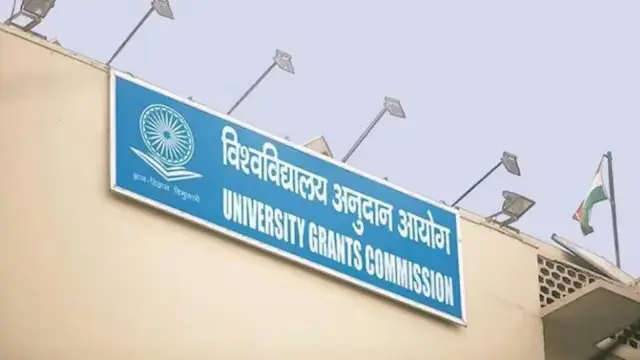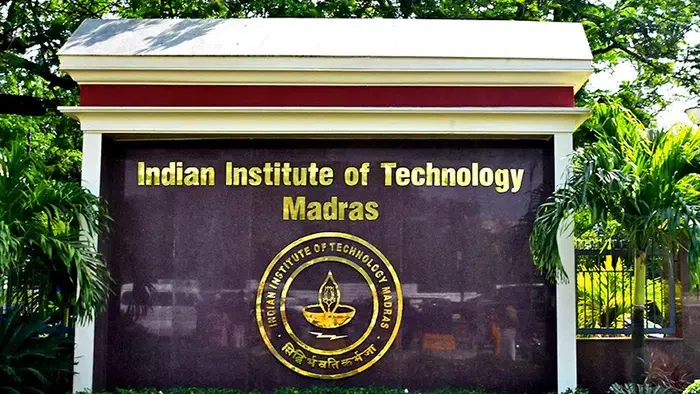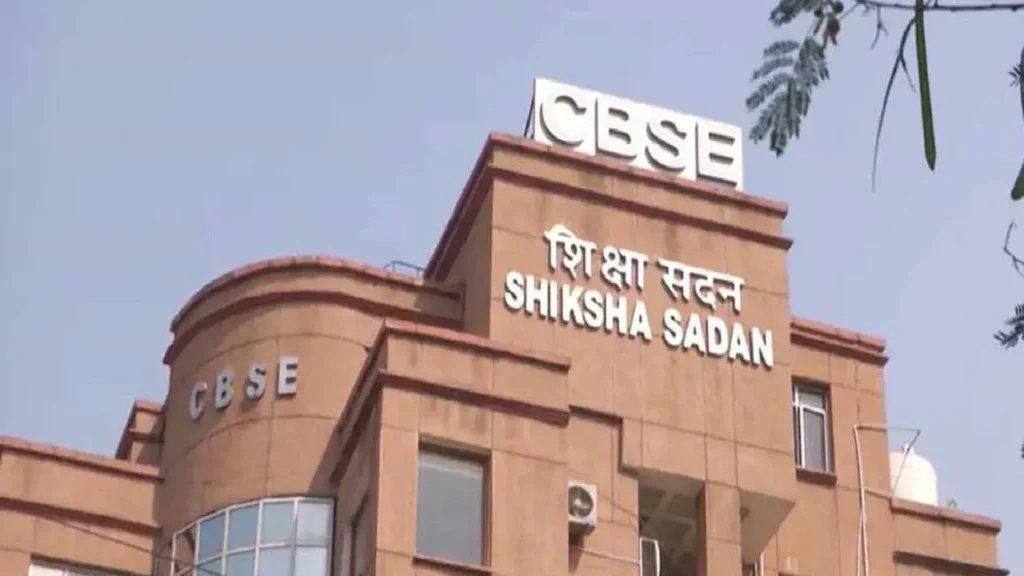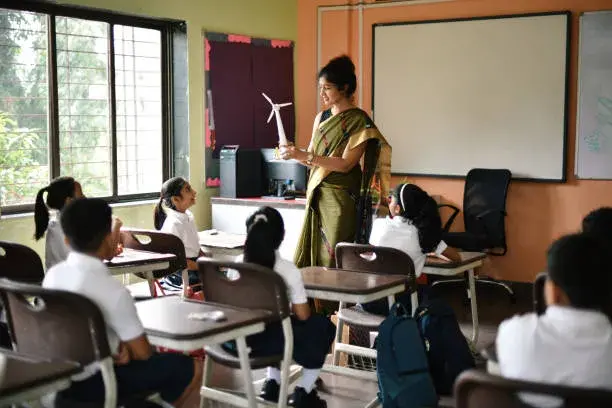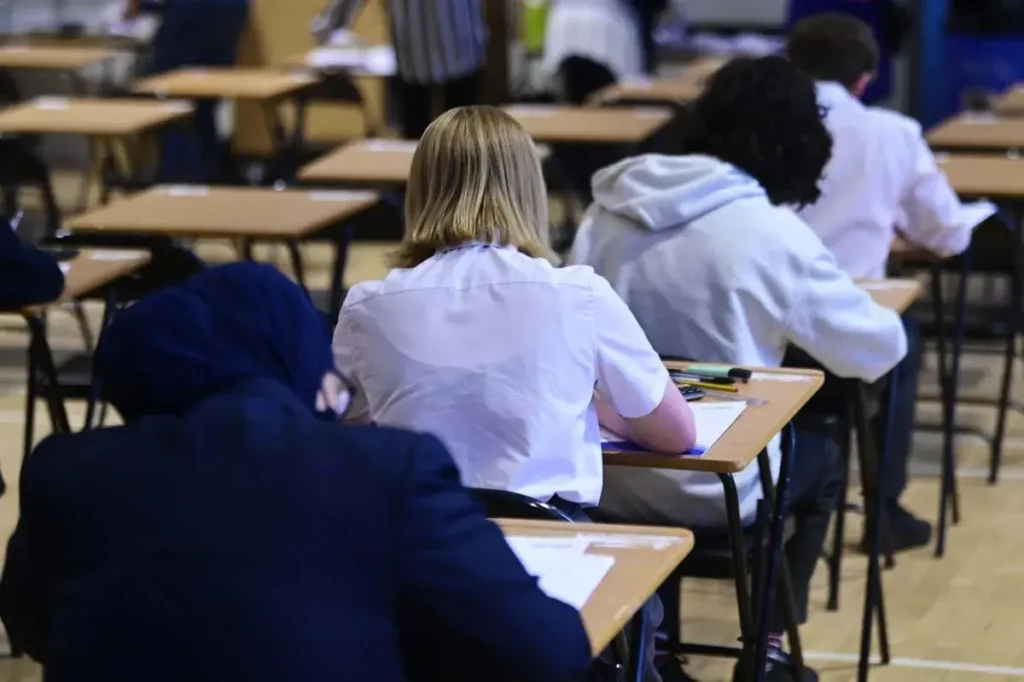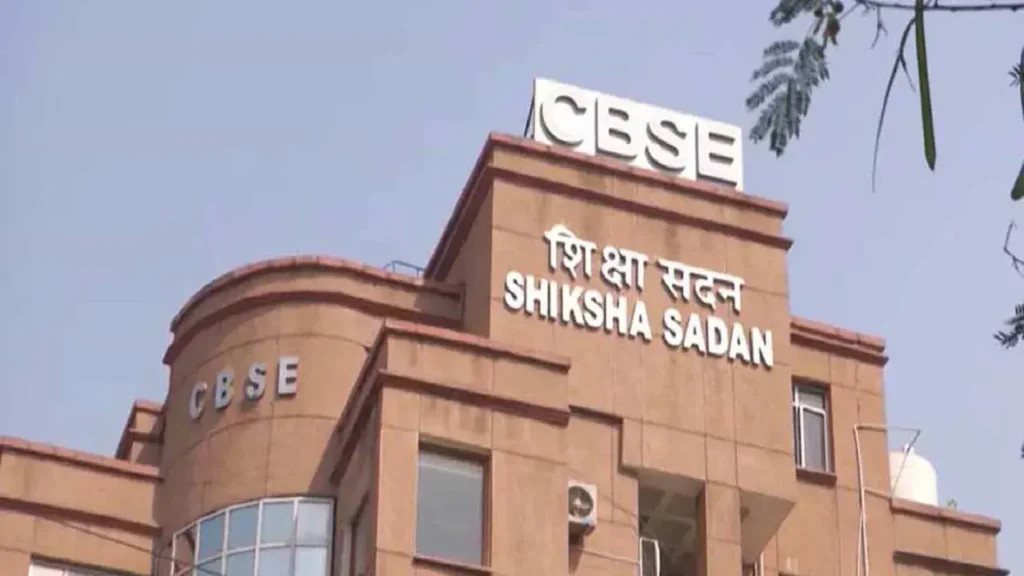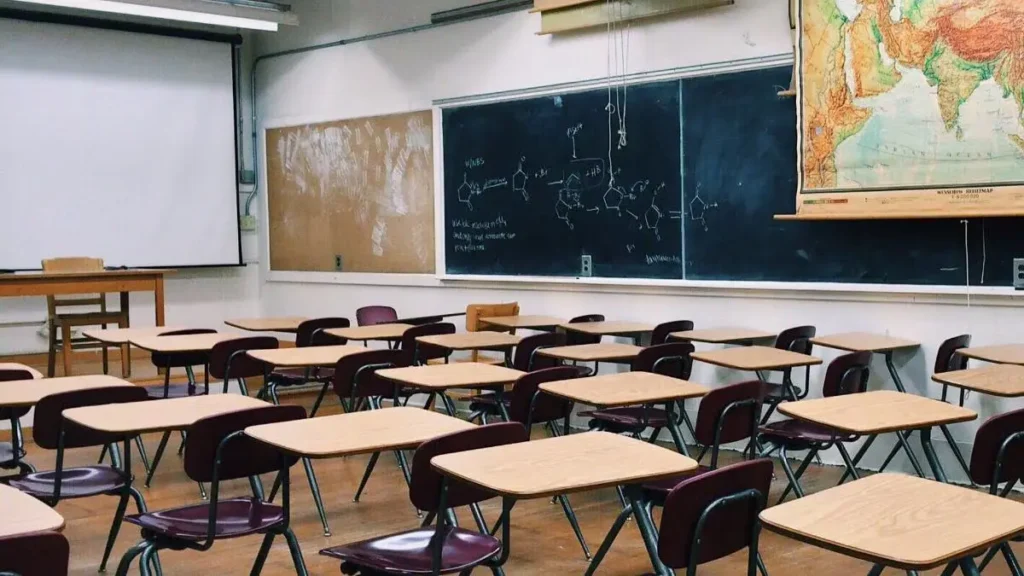Parliament to Introduce Bill Creating a Single Higher Education Regulator to Replace UGC, AICTE, NCTE
Parliament is set to take up a landmark reform bill aimed at overhauling India’s higher education regulatory framework. The Higher Education Commission of India (HECI) Bill, scheduled for introduction in the winter session beginning December 1, proposes replacing key regulatory bodies—the University Grants Commission (UGC), the All India Council for Technical Education (AICTE), and the National Council for Teacher Education (NCTE)—with one unified authority. According to the Lok Sabha bulletin, HECI will act as the central regulator for higher education across the country, except for medical and legal education. The new body will focus on regulation, accreditation, and setting professional standards. Funding responsibilities, however, will continue to remain with the administrative ministry and not under HECI’s purview. The concept has been in discussion for years, with a draft bill first released in 2018 for public feedback, proposing the repeal of the UGC Act. Efforts to revive the plan gained momentum after Dharmendra Pradhan became the Union Education Minister in 2021. The National Education Policy (NEP) 2020 strongly advocates for such a unified regulator, noting that India’s higher education system requires a complete structural overhaul. The policy stresses that regulation, accreditation, funding, and academic standard-setting should function independently yet cohesively under empowered bodies to strengthen the sector. Source: Indian Express

